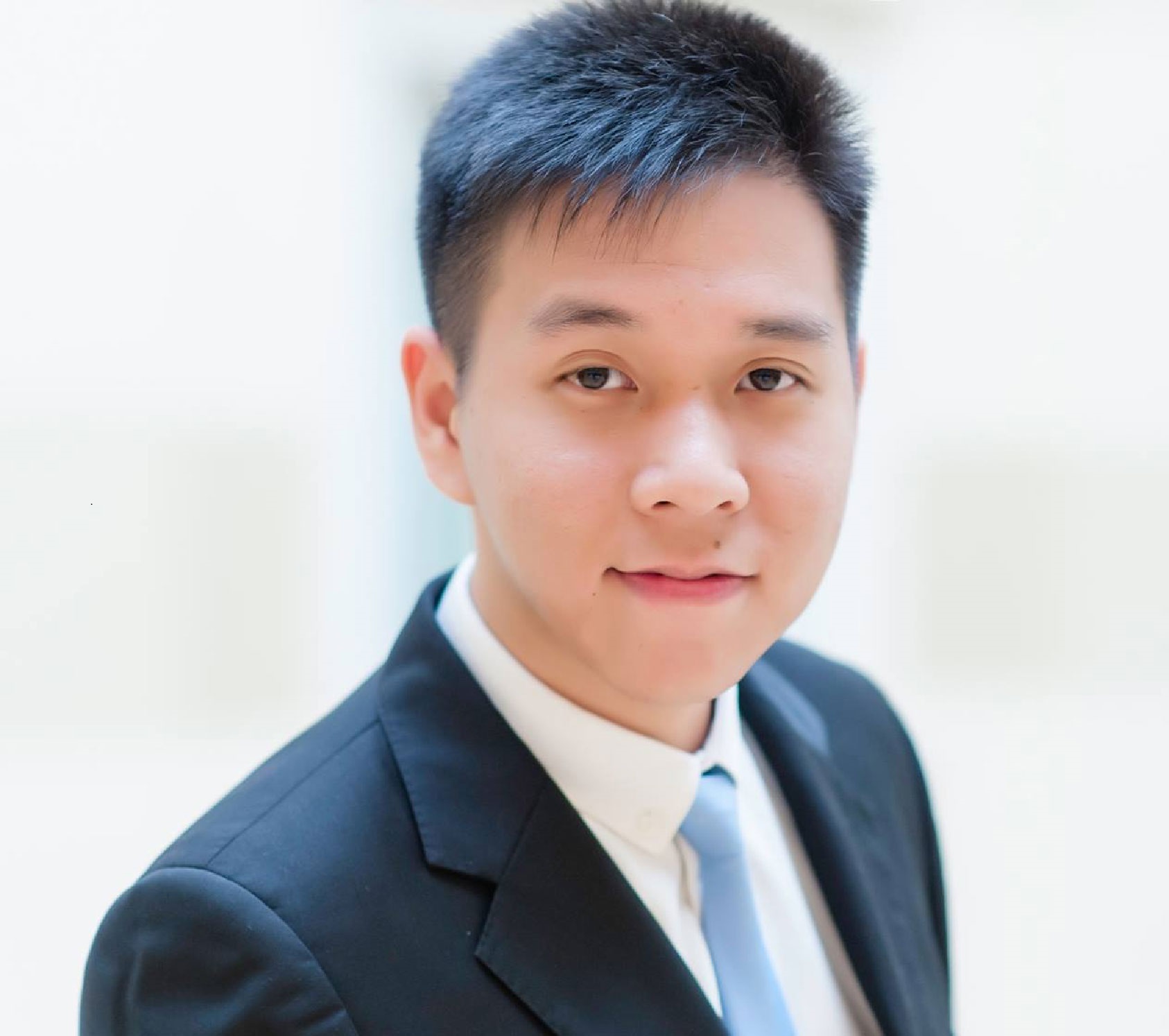
Peh Hong Yong
Nationality: Singapore
Current Job: Postdoctoral Research Fellow, Harvard Medical School, Brigham and Women’s Hospital, United States
Graduation: Yong Loo Lin School of Medicine, Year 2017
Undergraduate: National University of Singapore, Singapore
"Find a mentor for your career, and look beyond Singapore; go international."
